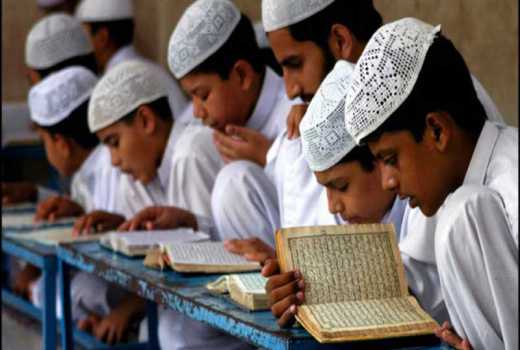
A video clip that has been doing rounds has caused more than a murmur in religious circles. The video announces the government’s move to integrate the Islamic religious schools – commonly known as Madrassa – into the formal education system.
The integration is also to absorb into the curriculum the Duksi system, which is largely practised among the Somali and involves memorising the Koran and other Islamic teachings. What has raised eyebrows is the statement that “the Duksi and Madrasa teachers will be paid by the government” and the schools will officially fall under the mainstream education system.